If you’re looking for plants that can withstand just about anything, you’ve come to the right place. In this blog post, we’ll share the top 10 most resilient plants, perfect for any gardener looking for a little extra insurance.
Top 10 Most Resilient Plants For Your Home
There are a lot of different plants out there that can fit into almost any home. But not all plants are created equal when it comes to resilience. Some plants are just better at handling stress and difficult growing conditions than others.
When choosing a plant for your home, it is important to consider how much care it will need and how tolerant it is to different conditions.
If you’re looking for plants that can withstand a little (or a lot) of neglect, here are ten of the most resilient plants for your home:
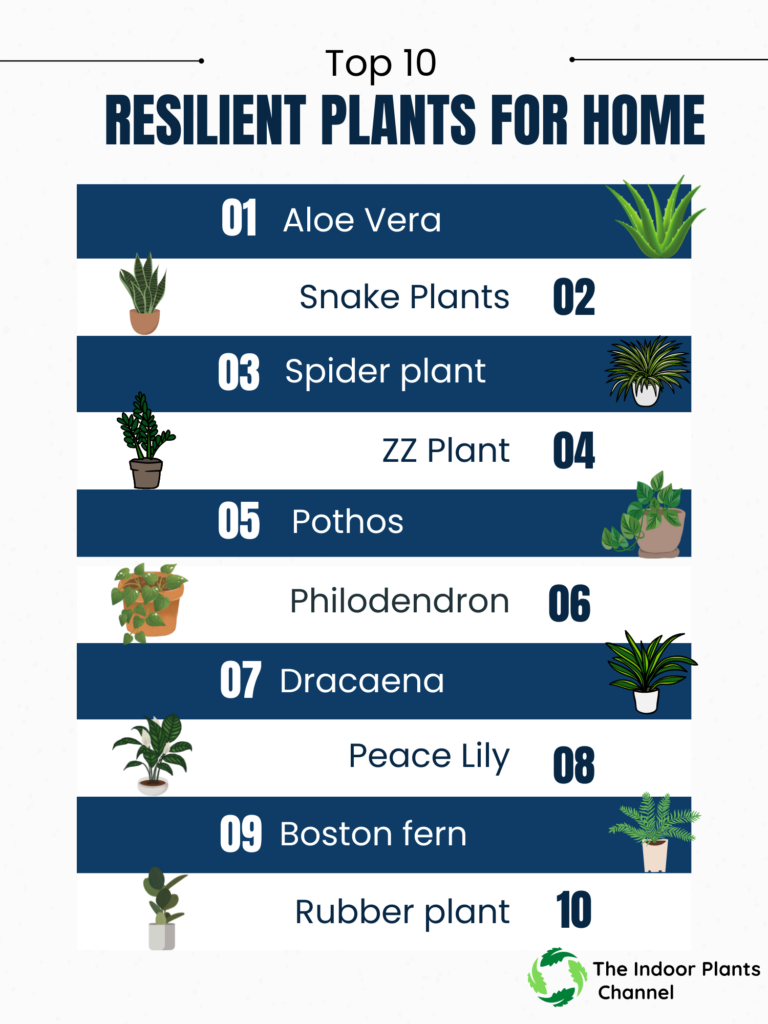
1. Aloe vera
Aloe vera is a succulent plant that is known for its healing properties. It is also very resilient and can tolerate a wide range of conditions. Aloe vera can be grown indoors or outdoors and doesn’t require much water or care.
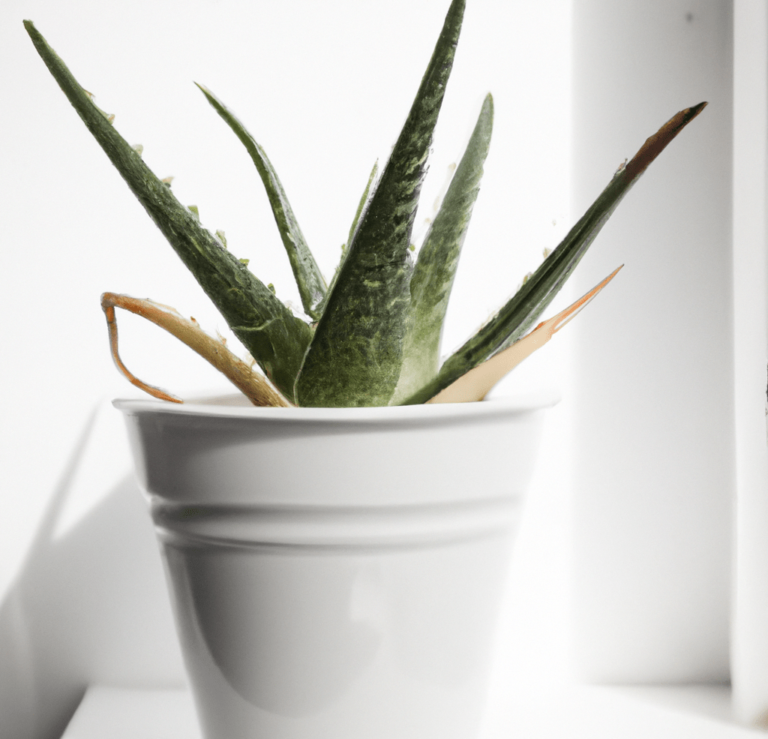
2. Snake plant
One of the most resilient plants that can be grown indoors is the snake plant. This plant is native to Africa and can tolerate a wide range of conditions. It is a succulent, so it does not need a lot of water, and it can even tolerate low light levels.
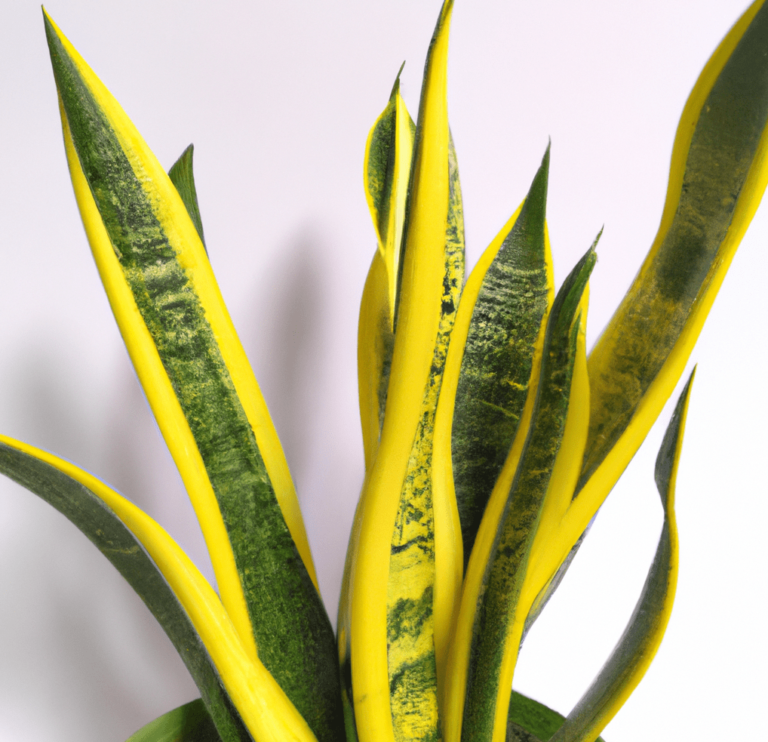
Snake plants are also very tough and can withstand a lot of neglect. This plant is a great option for busy people or those who forget to water their plants regularly.
3. Spider plant
Spider plants are very popular houseplants because they are easy to care for and they look great. They are also very resilient and can tolerate a wide range of conditions. Spider plants can be grown in low light or bright light and don’t require much water.
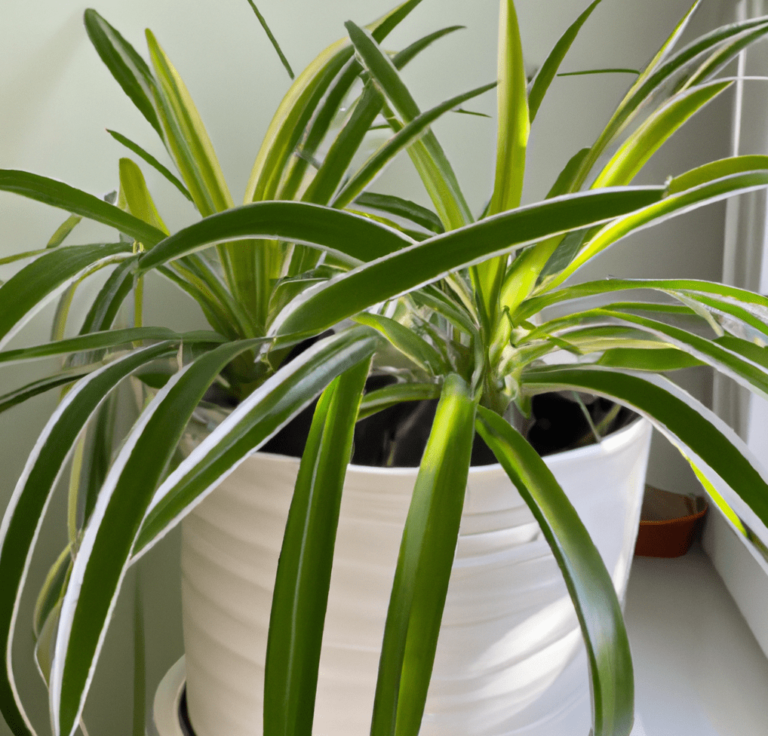
4. ZZ plant
ZZ plants are a type of succulent that is known for being very resilient. They can tolerate low light and low watering conditions. ZZ plants are a great option for busy people or those who forget to water their plants regularly.
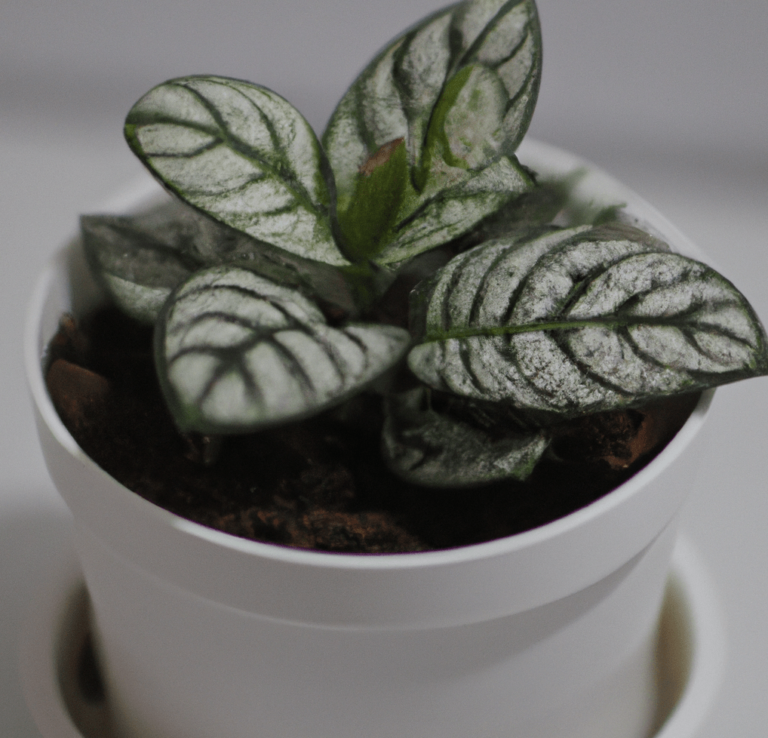
5. Pothos
Pothos plants are the type of vine that is easy to care for and they look great. They are also very resilient and can tolerate a wide range of conditions. They can be grown in low light or bright light and don’t require much water.
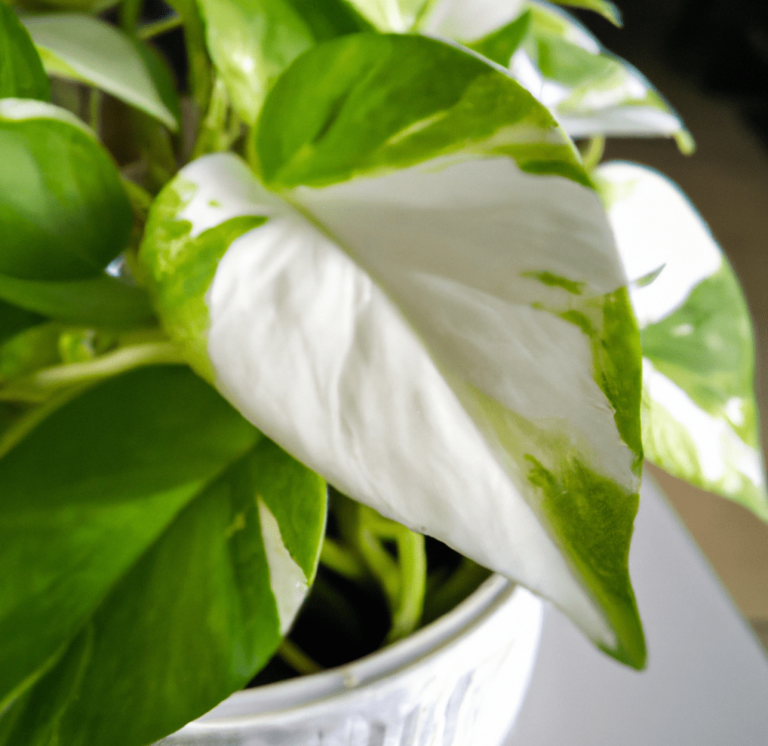
6. Philodendron
Philodendrons are a type of vine that is very popular as a houseplant. They are easy to care for and also very resilient and can tolerate a wide range of conditions. Philodendrons don’t require much water and can be grown in low light or bright light.
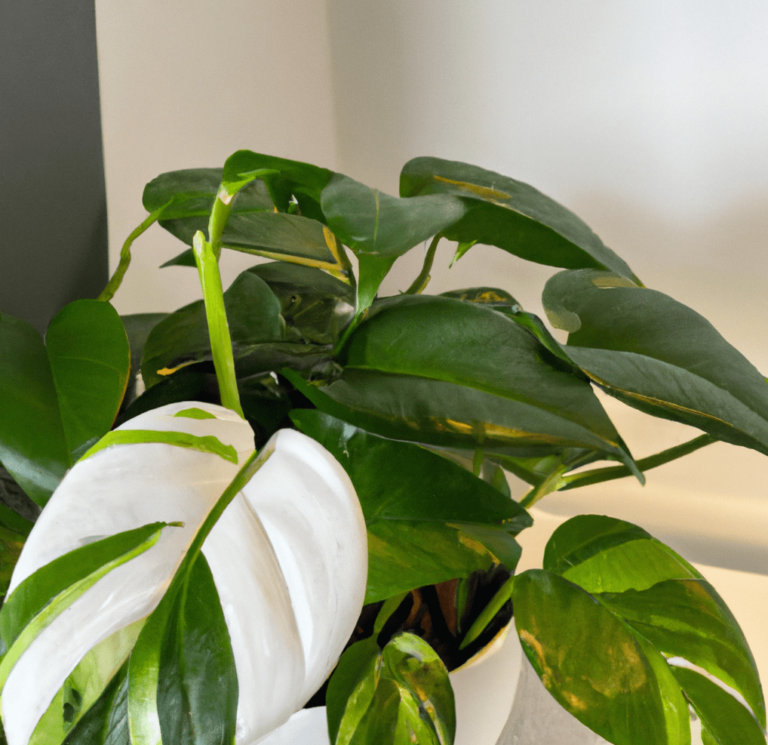
7. Dracaena
Dracaenas are easy to care for and they look great. Dracaenas are also very resilient, and drought tolerant. They can be grown in low light or bright light, and don’t require much water.
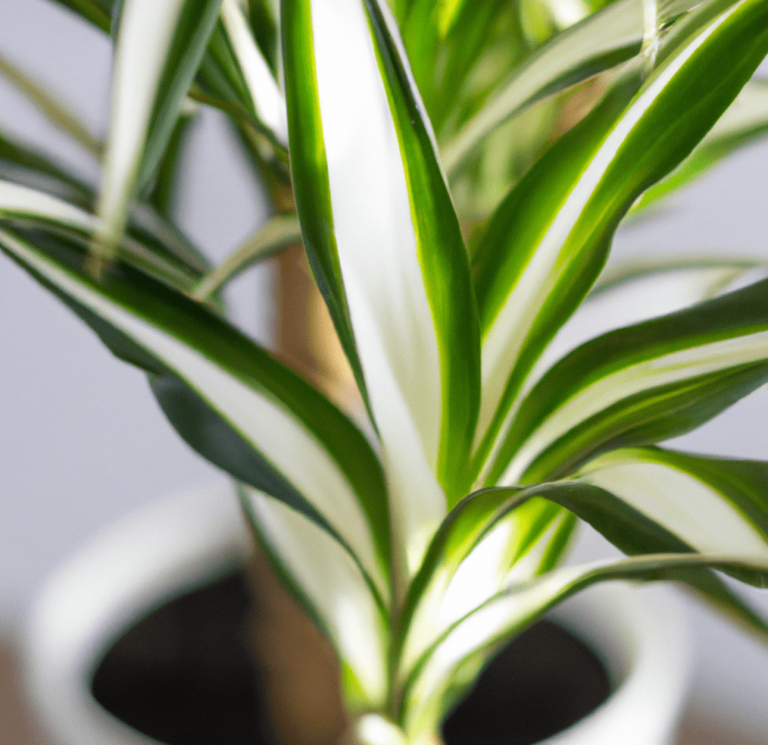
8. Peace lily
Peace lilies are not only easy to care for but also incredibly resilient, making them a great choice for various conditions. Moreover, they can thrive in both low light and bright light, offering versatility in their placement. Additionally, peace lilies don’t require much water, which further simplifies their care. Consequently, they are an excellent option for anyone looking for a low-maintenance yet durable plant.
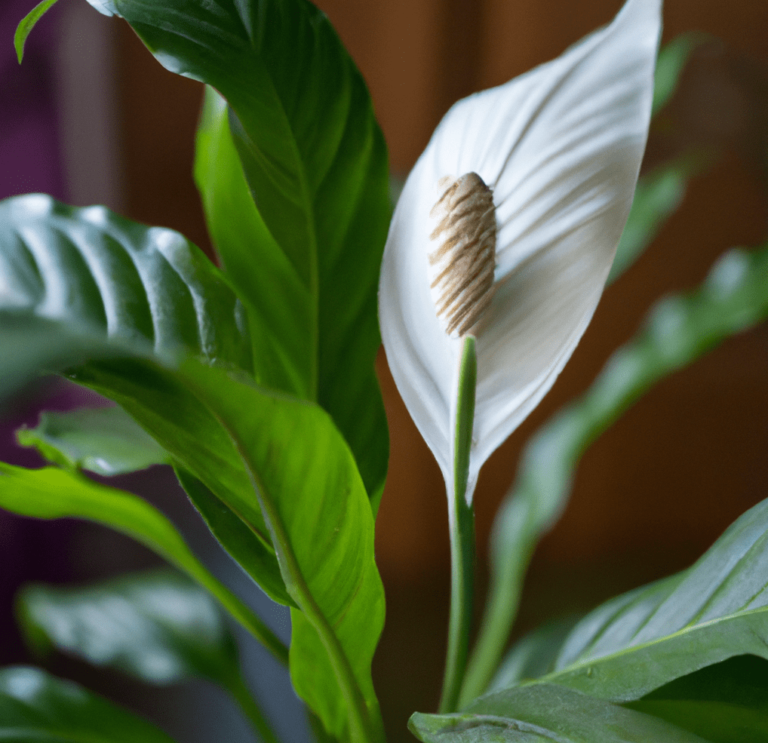
9. Boston fern
Boston ferns are not only highly resilient but also capable of tolerating a wide range of conditions. Furthermore, they can be grown in both low light and bright light, offering flexibility in their placement. Additionally, Boston ferns don’t require much water, making them easy to care for. As a result, they are a fantastic option for those seeking a low-maintenance plant that can thrive in various environments.
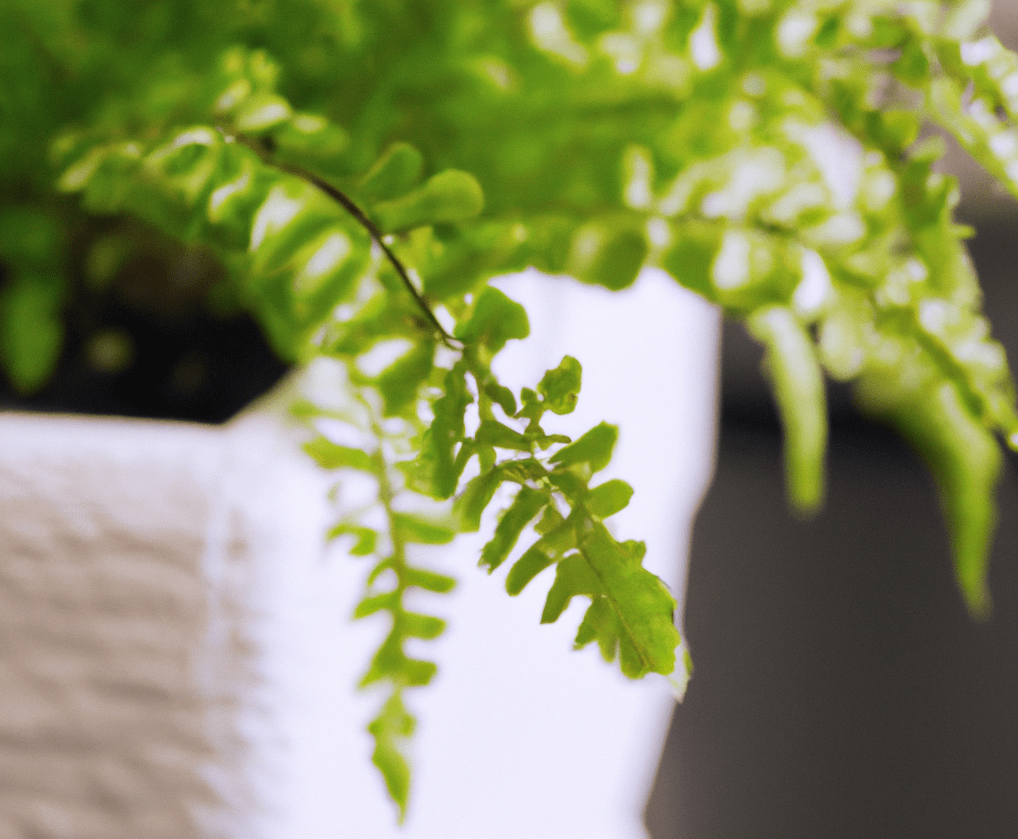
10. Rubber plant
Rubber plants are a type of plant that is very popular as a houseplant. They are easy to care for and they look great. Rubber plants are also very resilient and can tolerate a wide range of conditions. Rubber plants can be grown in low light or bright light and don’t require much water.
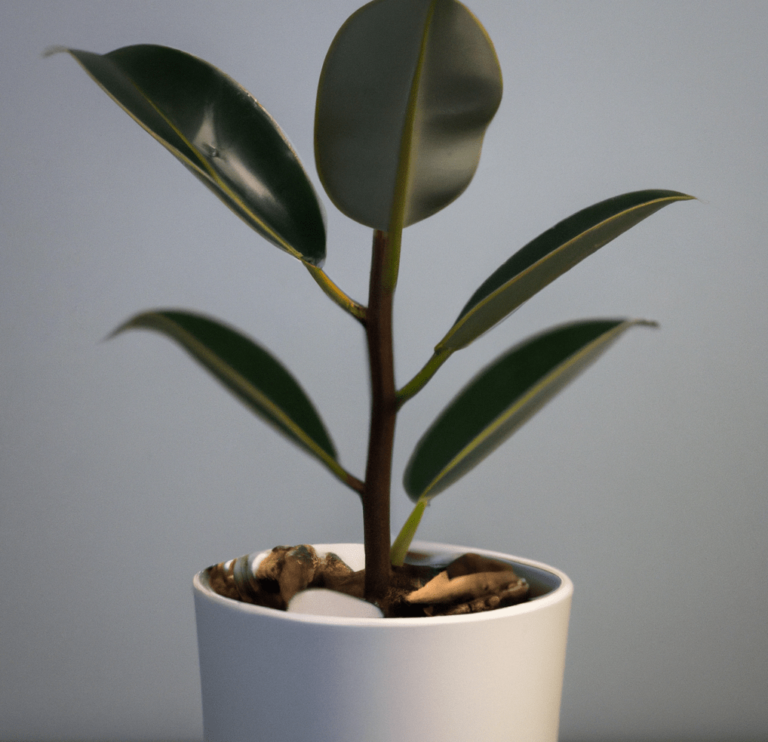
Why You Should Have Resilient Plants In Your Home
It is a well-established fact that plants have a positive impact on our well-being. Not only do they enhance our mood, but they also help relieve stress and boost our immune systems. Therefore, having plants in our homes is one of the simplest ways to improve both our physical and mental health.
Moreover, plants go beyond just physical benefits. They also play a crucial role in improving mental health. Studies have demonstrated that simply looking at plants can reduce stress and anxiety, while also enhancing cognitive functioning. As a result, incorporating plants into our surroundings can lead to a more balanced and healthier lifestyle.
Plants help us to focus and to be more productive and let’s not forget about the aesthetic benefits of having plants in our homes. Plants add beauty, life, and color. They can make any room feel more welcoming and inviting.
So, there are lots of good reasons to have plants in our homes. If you don’t have any plants, now is the time to get some!
The Benefits Of Resilient Plants
Plants are essential for our survival. They produce the oxygen we breathe, the food we eat, and the medicine we take. They also play a vital role in our climate, providing shade and cooling the earth.
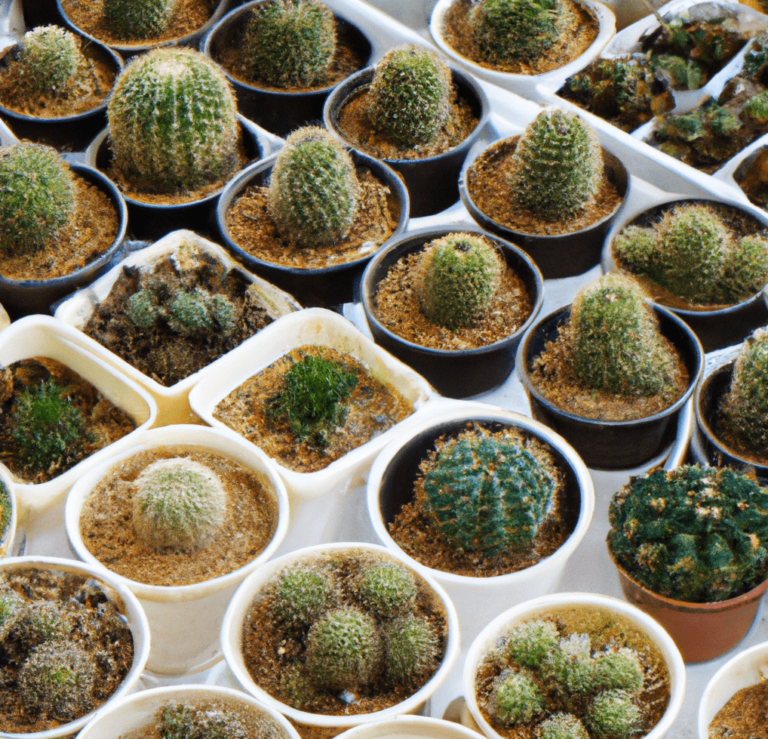
Plants are amazing creatures that offer us so many benefits. Here are the top 10 benefits of plants:
1. Produce Oxygen
Without plants, there would be no oxygen for us to breathe. Indeed, they play a crucial role in our survival. Through the process of photosynthesis, which involves converting sunlight into energy, plants produce oxygen as a by-product. Consequently, this natural process is essential, ensuring that we always have a continuous supply of oxygen. Therefore, plants are not only vital for life on Earth but also fundamental to maintaining the balance of our atmosphere.
2. Provide Food
Plants are a major source of food for humans and animals. They provide us with fruits, vegetables, grains, and nuts. They also provide us with meat, as many animals graze on plants.
3. Provide Medicine
Plants have been used for medicinal purposes for centuries. Indeed, they contain compounds that can be harnessed to treat a variety of ailments. As a result, they have been an invaluable resource for natural healing.
4. Regulate Climate
Furthermore, plants play a vital role in regulating our climate. They absorb carbon dioxide, a greenhouse gas that significantly contributes to global warming. Consequently, they help mitigate the effects of climate change, making them essential for environmental balance.
5. Provide Shelter
Additionally, plants provide shelter from the elements. They protect us from the sun, wind, and rain, offering not only physical comfort but also environmental benefits. By providing shade, plants help to cool the Earth, creating a more hospitable environment for all living beings.
6. Purify The Air
Plants help to purify the air by absorbing pollutants and releasing oxygen. They also help to improve indoor air quality. The best plants for improving air quality are:
- Aloe Vera
- Bamboo
- Begonia
- Boston Fern
- Chrysanthemum
- Dracaena
- Peace Lily
- Philodendron
- Snake Plant
- Spider Plant
7. Beautify Our World
Plants add beauty to our world. They can be used to landscape our yards and gardens. They can also be used to decorate our homes and offices.
8. Reduce Stress
Spending time in nature has been shown to help us relax and reduce stress. In fact, studies have demonstrated that being around plants can lower our blood pressure and heart rate, providing both physical and mental benefits.
Moreover, plants are a renewable resource. They can be grown, replanted, and will continue to provide us with essential resources such as oxygen, food, medicine, and shelter. Consequently, they play a crucial role in supporting our well-being and the health of our planet.
Plants are essential to life on earth. They provide us with the air we breathe, the food we eat, and the medicine we take. They also play a vital role in our climate, providing shade and cooling the earth.
The Best Resilient Plants For Small Spaces
1. Aloe Vera
This plant is succulent, meaning it stores water in its leaves. It is a popular choice for small spaces because it is low maintenance and can tolerate being neglected for a little while. It prefers bright, indirect sunlight but can also survive in lower light conditions. Be careful not to overwater this plant, as too much water will cause the leaves to rot.
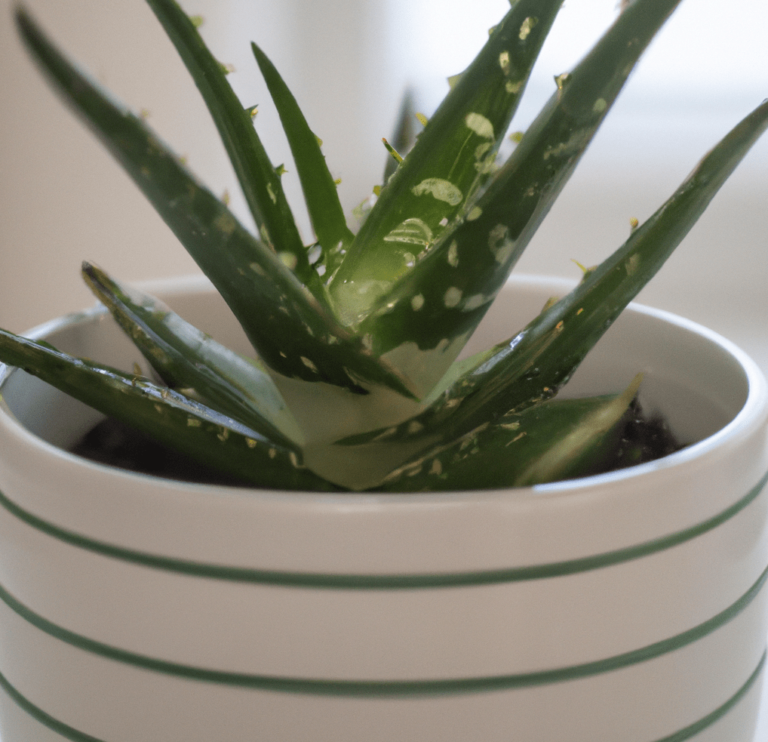
2. Bamboo
Bamboo is a fast-growing grass that can add a touch of elegance to any space. It is a popular choice for small spaces because it does not require a lot of maintenance and can tolerate a wide range of conditions. Bamboo can be grown in containers or on the ground and prefers bright, indirect sunlight.
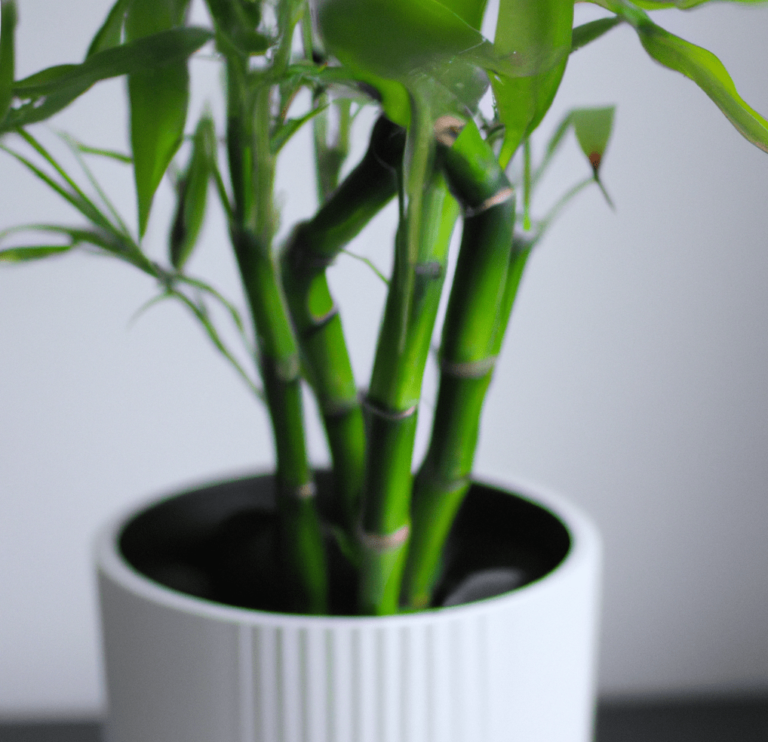
3. Begonia
Begonias are a type of flower that comes in a wide range of colors and sizes. They are a popular choice for small spaces because they are relatively low maintenance and can tolerate being neglected for a little while. Begonia plants prefer bright, indirect sunlight but can also survive in lower light conditions.
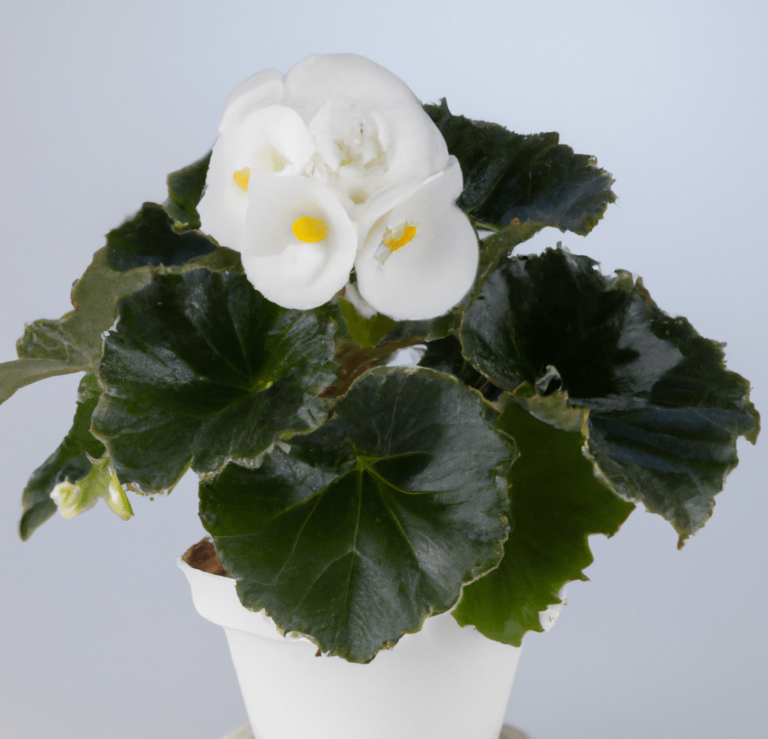
4. Boston Fern
Boston ferns are a type of fern that is native to the eastern United States. They are a popular choice for small spaces because they are relatively low maintenance and prefer high humidity.
Boston ferns do best in bright, indirect sunlight but can also survive in lower light conditions. Be careful not to overwater this plant, as too much water will cause the leaves to rot.

5. Cactus
Cacti are a type of succulent that stores water in their leaves. They are a popular choice for small spaces because they are low maintenance and can tolerate being neglected for a little while.
Cacti prefer bright, indirect sunlight but can also survive in lower light conditions. Be careful not to overwater this plant, as too much water will cause the leaves to rot.

6. Chinese Evergreen
Chinese evergreens are a type of evergreen that is native to China. They are a popular choice for small spaces because they are relatively low maintenance and can tolerate a wide range of conditions. Chinese evergreens prefer bright, indirect sunlight but can also survive in lower light conditions.
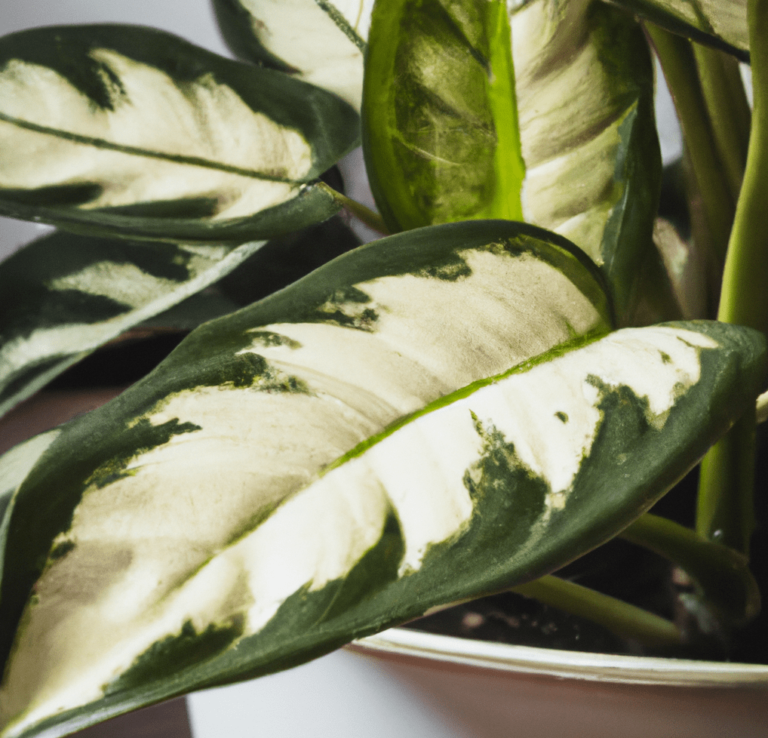
7. Dracaena
Dracaenas are a type of plant that is native to Africa. They are a popular choice for small spaces because they are relatively low maintenance and can tolerate a wide range of conditions. Dracaenas prefer bright, indirect sunlight but can also survive in lower light conditions.

8. Ficus
Ficus is a type of tree that is native to Asia. They are a popular choice for small spaces because they are relatively low maintenance and prefer bright, indirect sunlight but can also survive in lower light conditions.
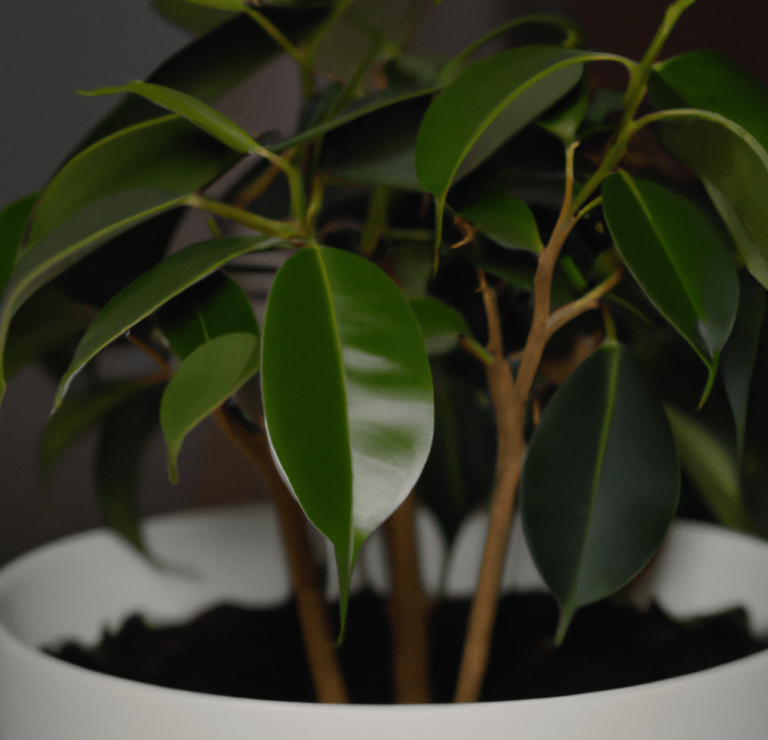
9. Philodendron
Philodendrons are a type of plant that is native to the tropical Americas. They are a popular choice for small spaces because they are low-maintenance plants and can tolerate a wide range of conditions. They prefer bright, indirect sunlight but can also survive in lower light conditions.

10. Snake Plant
Snake plants are a type of plant that is native to Africa. They are a popular choice for small spaces because they are relatively low maintenance and can tolerate a wide range of conditions. Snake plants prefer bright, indirect sunlight but can also survive in lower light conditions.

The Best Resilient Plants For Pet-friendly Homes
Resilient indoor plants are not only beneficial but can also tolerate stress and abuse. Here are a few examples of indoor plants that can tolerate a lot of abuse.
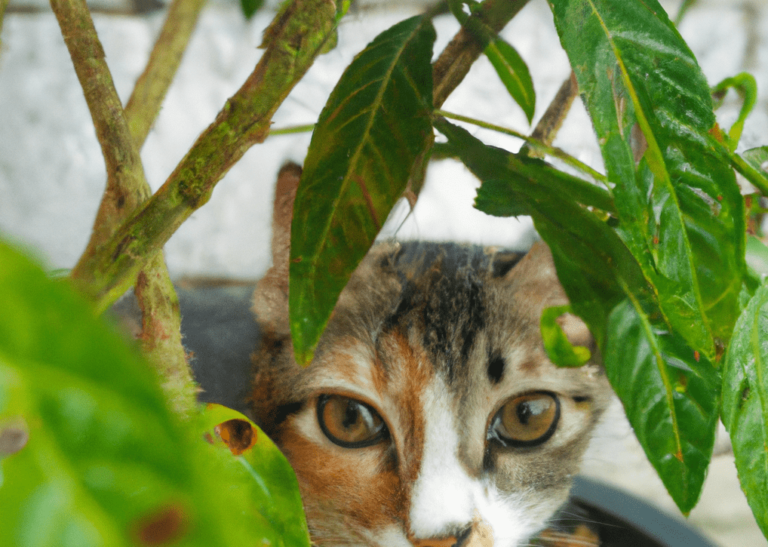
1. Boston Fern
The Boston fern is one of the best plants for pet-friendly homes because it is very resilient and can tolerate a lot of abuse. It is also very easy to care for and does not require a lot of attention.
2. Spider Plant
Another fantastic plant for pet-friendly homes is the spider plant. They are tough and can withstand a lot of abuse. It is also quite easy to maintain and does not require much effort.
3. Peace Lily
The peace lily is another great plant for pet-friendly homes that are very easy to care for and resilient.
4. Snake Plant
A snake plant is a great option for pet-friendly homes. They are easy to easy and can tolerate a lot of abuse.
5. Bamboo
Bamboo is a pet-friendly plant that can withstand a lot of neglect. It is also quite easy to maintain and does not require much effort.
6. Aloe Vera
Aloe vera is very resilient, very easy to care for, and does not require a lot of attention.
7. Pothos
Pothos is a plant that is suitable for pets. It is also quite easy to maintain and does not require much effort.
8. Dracaena
Dracaena is another great plant for pet-friendly homes. It is very easy to care for and does not require a lot of attention.
9. Ficus
Ficus is a pet-friendly home plant. They are very resilient and can tolerate a lot of abuse. It is also very easy to care for and does not require a lot of attention.
10. Philodendron
Philodendron is another great plant for pet-friendly homes because it is extremely tough and can withstand a great deal of abuse. It is also quite easy to maintain and does not require much effort.
How To Care For Resilient Plants
Caring for your plants doesn’t have to be difficult. It is quite an easy process, but it requires attention.
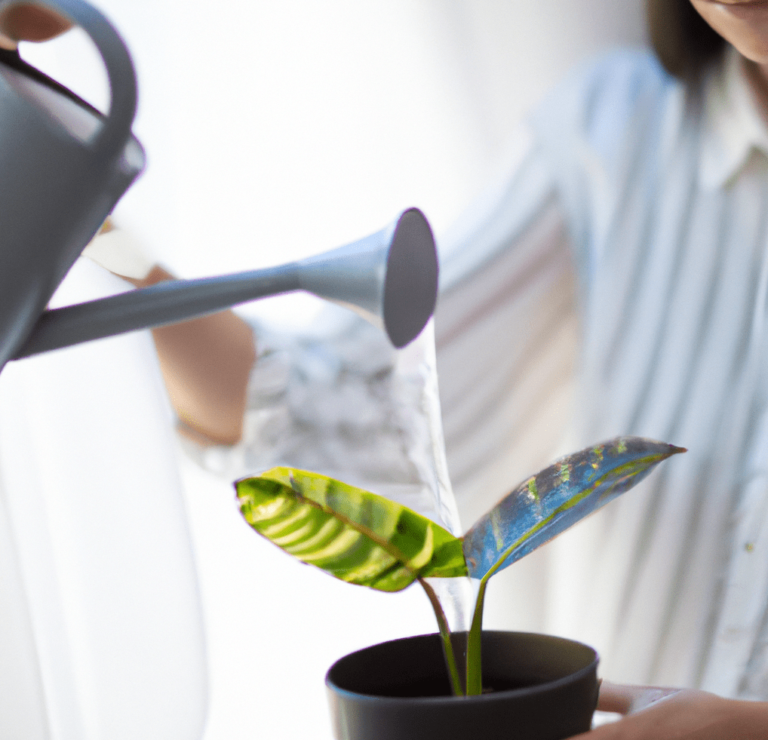
Here are some tips on how to care for your plants.
1. Choose The Right Plant
Choose a plant that is appropriate for the conditions in your home. If you don’t have much light, choose a low-light plant. If you have pets, choose a pet-friendly plant.
2. Choose The Right Spot
Make sure your plant has enough light and isn’t in a place where it will be too cold or too hot.
3. Give the Right Amount Of Water
Water your plant when the soil is dry. Don’t overwater it or underwater it.
4. Fertilize Your Plant
Fertilize your plant every few months to help it grow.
5. Prune Your Plant
Prune your plants to help them stay healthy and to encourage new growth.
6. Watch For Pests
Check your plants regularly for pests and treat them immediately if you find any.
7. Be Patient.
Remember that plants take time to grow. Don’t expect overnight results.
Just follow these simple tips and you’ll be on your way to having a green thumb in no time!
Top 5 Allergy Causing Resilient Plants
There are a lot of different plants that can cause allergies. Some of them are more common than others.

Here are the ten most common plants that cause allergies, according to the American Academy of Allergy, Asthma, and Immunology:
1. Ragweed
Ragweed is the most common plant that causes allergies. It grows in the United States, Canada, and Europe.
2. Birch
Birch is the second most common plant that causes allergies. It grows in the northern hemisphere.
3. Grass
Grass is the third most common plant that causes allergies. It grows in the United States, Canada, Europe, Asia, and Africa.
4. Poison Ivy
Poison ivy causes allergies, and it grows in the United States and Canada.
5. Poison Oak
Poison oak is also an allergies-causing plant and is found in the United States and Canada.
Expert Ideas
- Make a list of resilient plants and put them in order of preference.
- Research how to care for resilient plants so they thrive indoors.
- Experiment with different ways of displaying resilient plants in your home.
- Create a naturalistic indoor garden with resilient plants as the centerpiece.
- Use resilient plants to add color and life to an otherwise sterile indoor space.
Bonus Tip
My top tip when it comes to the indoor plant “most resilient plants” is: Choose a plant that is low maintenance and easy to care for. Once you have your plant, be sure to give it plenty of light and water it regularly to ensure it stays healthy.
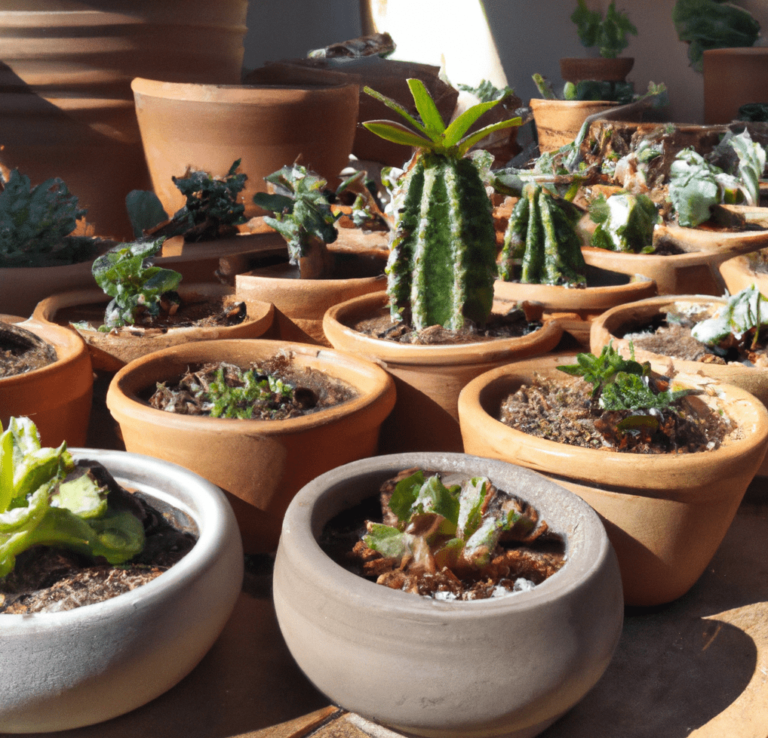
Frequently Asked Questions
1. What are the most resilient plants for beginners?
Resilient plants that are great for beginners include aloe vera, snake plants, and pothos. These plants are not only low-maintenance but also highly adaptable to various light conditions. Additionally, they can tolerate occasional neglect, making them perfect for those just starting out with indoor gardening. Consequently, they offer a hassle-free way to enjoy the benefits of plants without requiring extensive care.
2. Can resilient plants improve indoor air quality?
Yes, resilient plants like snake plants, spider plants, and peace lilies are excellent at improving indoor air quality. They help absorb toxins and release oxygen, creating a cleaner and healthier indoor environment.
3. Are there any pet-friendly resilient plants?
Yes, there are pet-friendly resilient plants, such as spider plants, Boston ferns, and bamboo. These plants are safe for homes with pets and can still thrive in a variety of conditions, making them ideal for pet owners.
4. How often should I water resilient plants?
Most resilient plants, such as aloe vera, snake plants, and pothos, require minimal watering. It’s important to let the soil dry out between waterings to avoid overwatering. Typically, watering every 1-2 weeks is sufficient, depending on the plant and indoor conditions.
5. What are the benefits of keeping resilient plants at home?
Keeping resilient plants at home offers multiple benefits. They help reduce stress, improve air quality, and promote relaxation. Plants can also boost your mood, increase productivity, and add beauty to your space, contributing to both your physical and mental well-being.
Conclusion
In conclusion, these are the top 10 most resilient plants that can withstand almost any type of climate. If you are looking for a plant that can tolerate any type of weather, then one of these would be a great choice.
Michelle Wilde
Related posts
7 Comments
Leave a Reply Cancel reply
![]()
About Michelle Wilde
Michelle Wilde is a stay-at-home mom and avid plant lover. Armed with a post-graduate degree in Computer Science (no kidding!), she loves researching plants and landscapes. When she is not caring for her 4 kids, she spends time on her passion for plants. She blogs at www.indoorplantschannel.com, the trusted source for indoor plants.
Learn more
Subscribe
* You will receive the latest posts and updates about indoor plants!
Search
Recent Posts
Categories
- Beginner Guides (10)
- FAQ (206)
- General (2)
- How-To Guides (212)
- Indoor Plants (214)
- Pest Management (2)
- Plant Problem Solutions (4)
- Seasonal Growing (2)
- Specialized Environments (2)
- Specific Plant Care (3)
- Technical Growing (2)
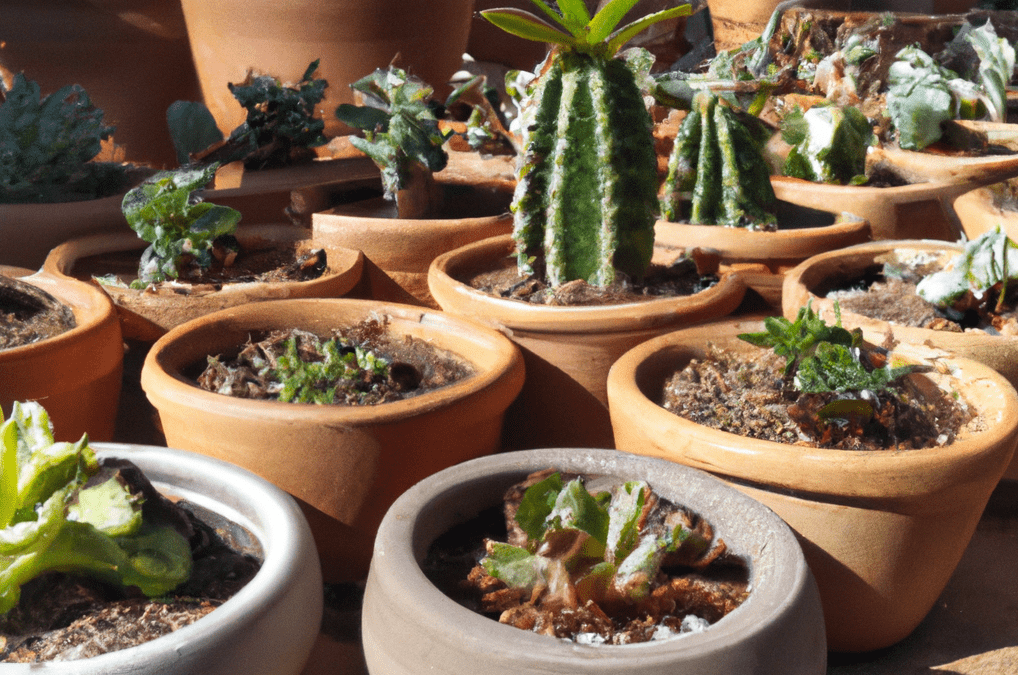
[…] in your garden, no matter what the conditions, you’ll want to check out our list of the most resilient plants. From sun-loving succulents to shade-tolerant ferns, we’ve got you […]
[…] snake plant, also known as the mother-in-law’s tongue, is a tough and resilient plant that can tolerate low light levels very well. It is also a very drought-resistant plant, so it is […]
[…] Snake plants are another low light plant for low light areas. They’re known for being tough and resilient, so they’re perfect for beginners. Also, they are very tolerant of neglect and can even survive […]
[…] is one of the most popular houseplants around. It’s easy to care for and is known for being very resilient. It also helps purify the air and reduce stress levels, and only needs to be watered once a […]
[…] Resilient plants are perfect for beginners, as they’re easy to care for and don’t require much attention. These plants are drought tolerant and can withstand a wide range of conditions. […]
[…] Resilient Houseplants are plants that can tolerate neglect. That means they can tolerate (to some degree) lower light levels, infrequent watering, and even a little bit of neglect. If you’re looking for a plant that’s low-maintenance and easy to care for, these are the ones to get. […]
[…] There are many benefits to resilient plants. […]